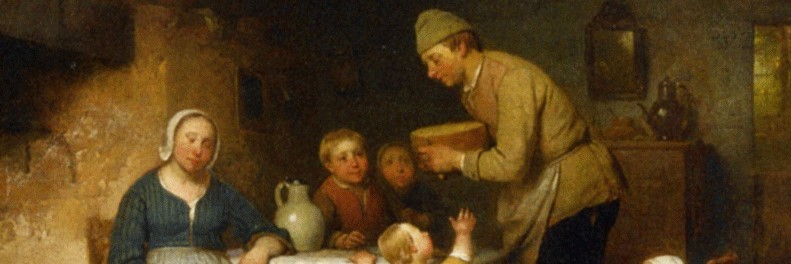
In recent accounts the actions of individuals within families and the household have emerged as important explanations for pre-industrial and industrial economic growth. Female agency in marriage decisions resulted in a variant of household formation which allowed high living standards after the ravages of the Black Death. Later, the consumption desires of households prompted increased market participation of women and children, creating an early modern industrious revolution with the potential to evolve into industrial revolution. High wages and child labour have both emerged as contenders in determining the path to industrialisation, and shifts in the provision of education and health services have impacted women’s duties within the household and their opportunities in the wider economy throughout the twentieth century. This course examines the role played by the family in determining the path of development. While the lectures largely relate to the British experience, the classes and assessment invite comparisons with experiences in Europe, Asia, and North America. Simple economic models of individual and household behaviour provide the theoretical basis for understanding outcomes, but the focus is on evidence, often quantitative, and critical evaluation of contending explanations.
